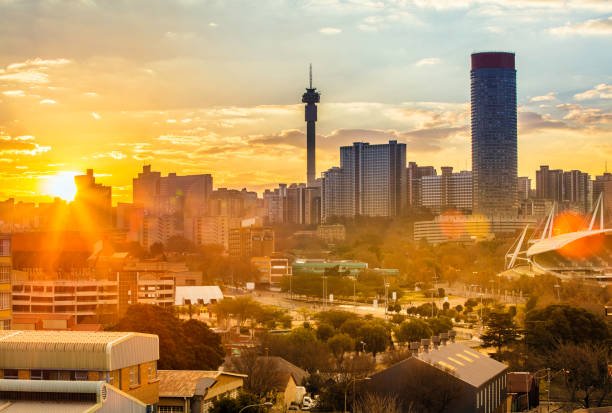Solved: Why do you Think Johannesburg was established?
Skip to content
Skip to footer
Solved- Why do you Think Johannesburg was established?
Solved: Why do you Think Johannesburg was established?

